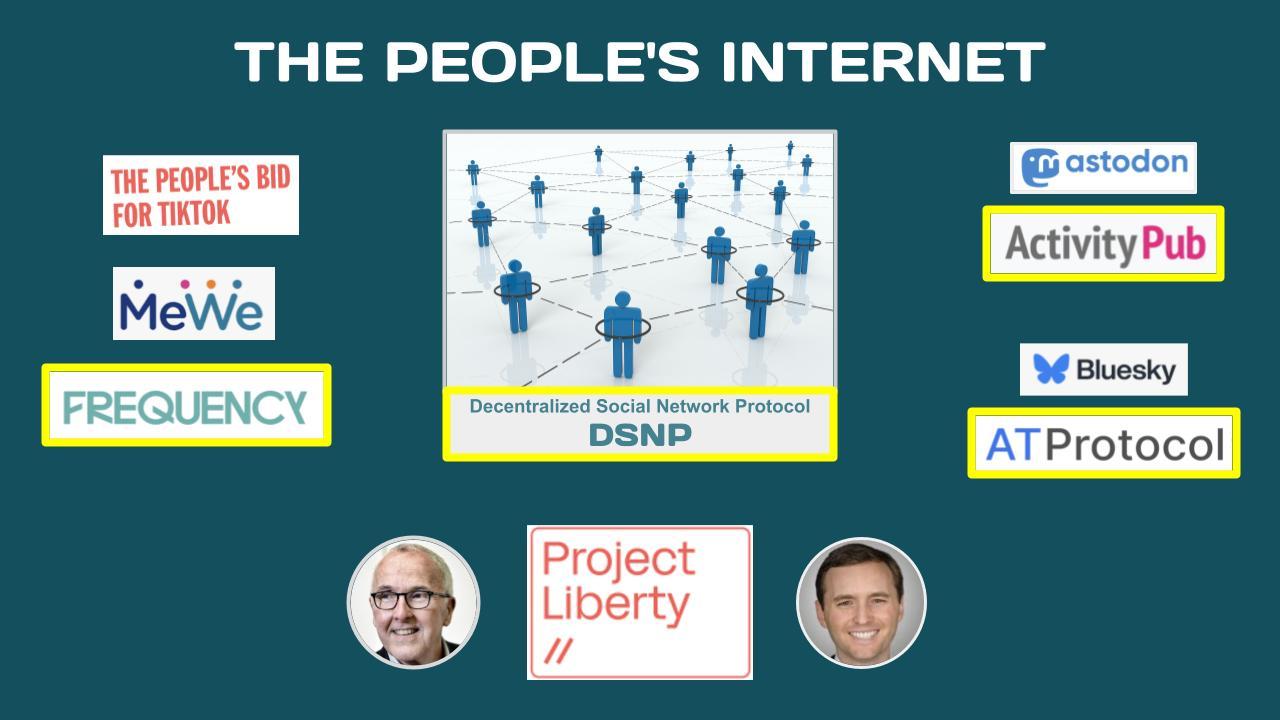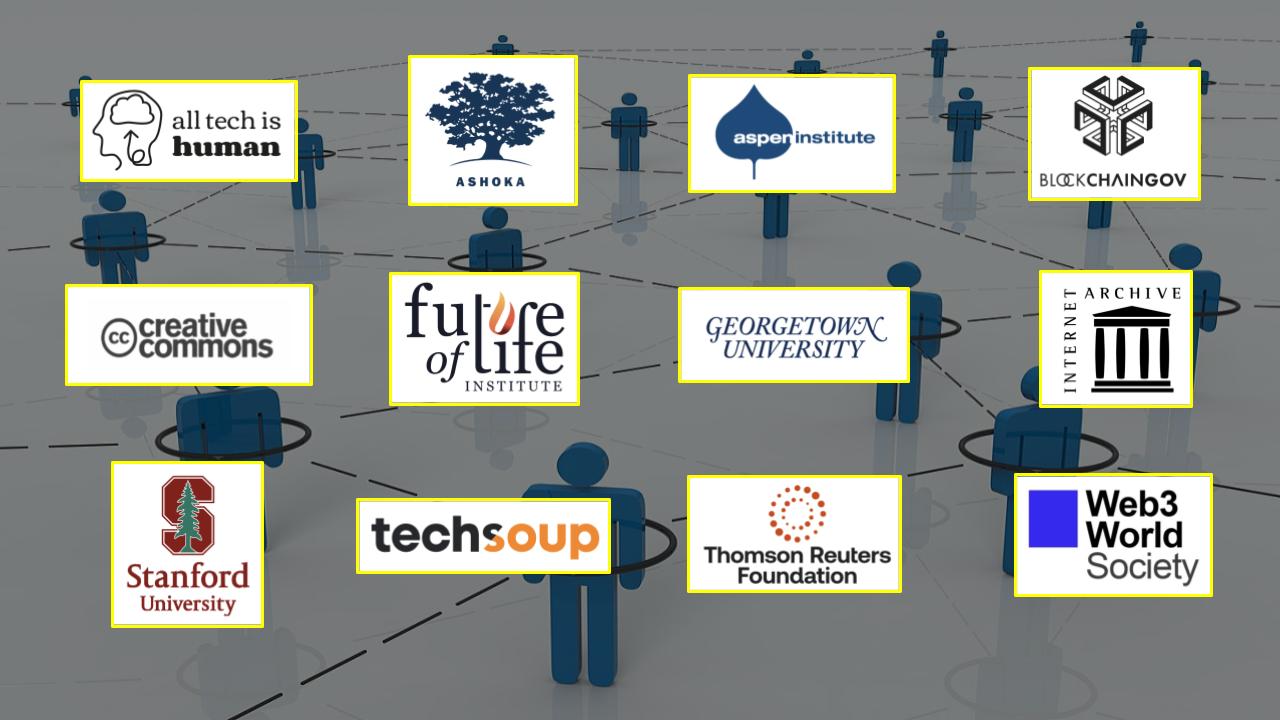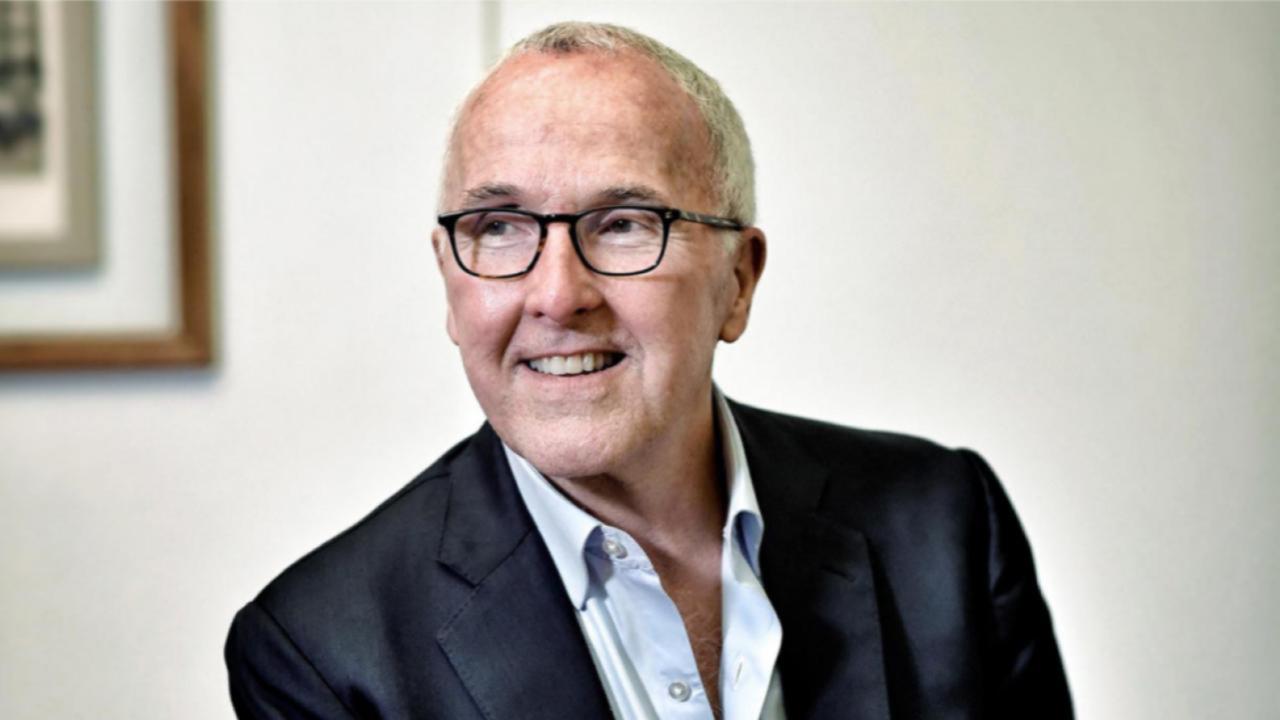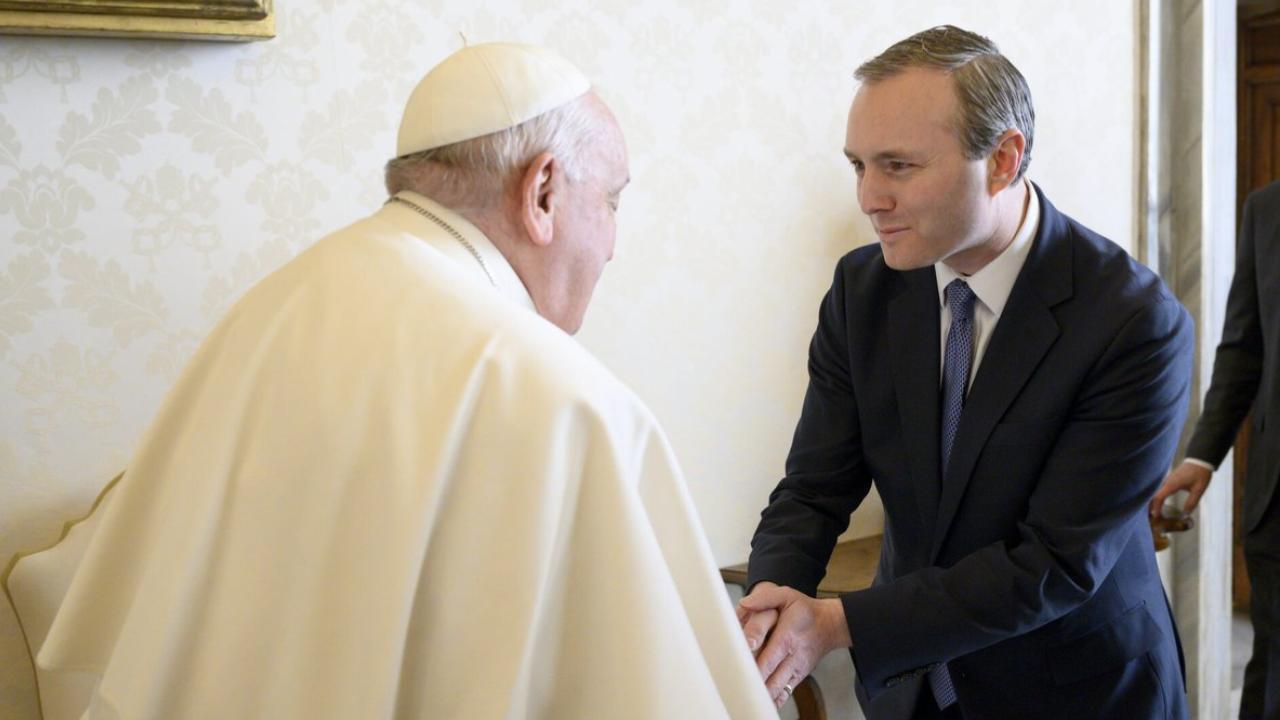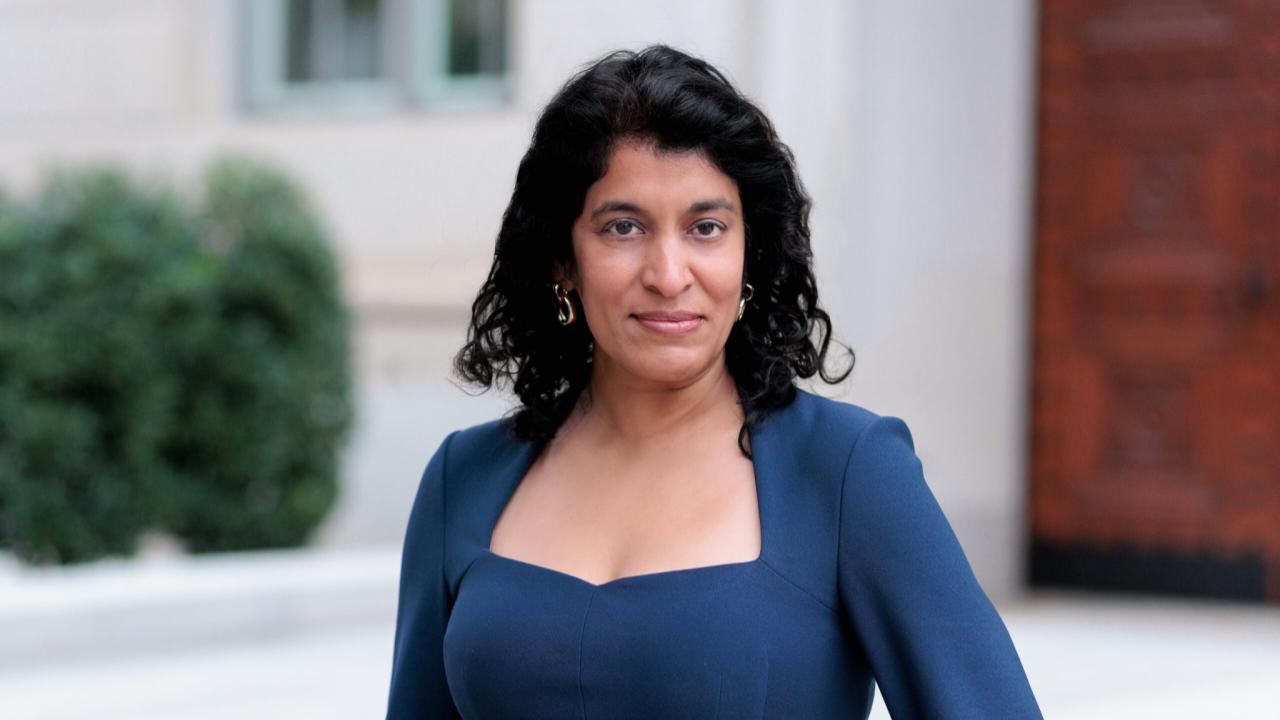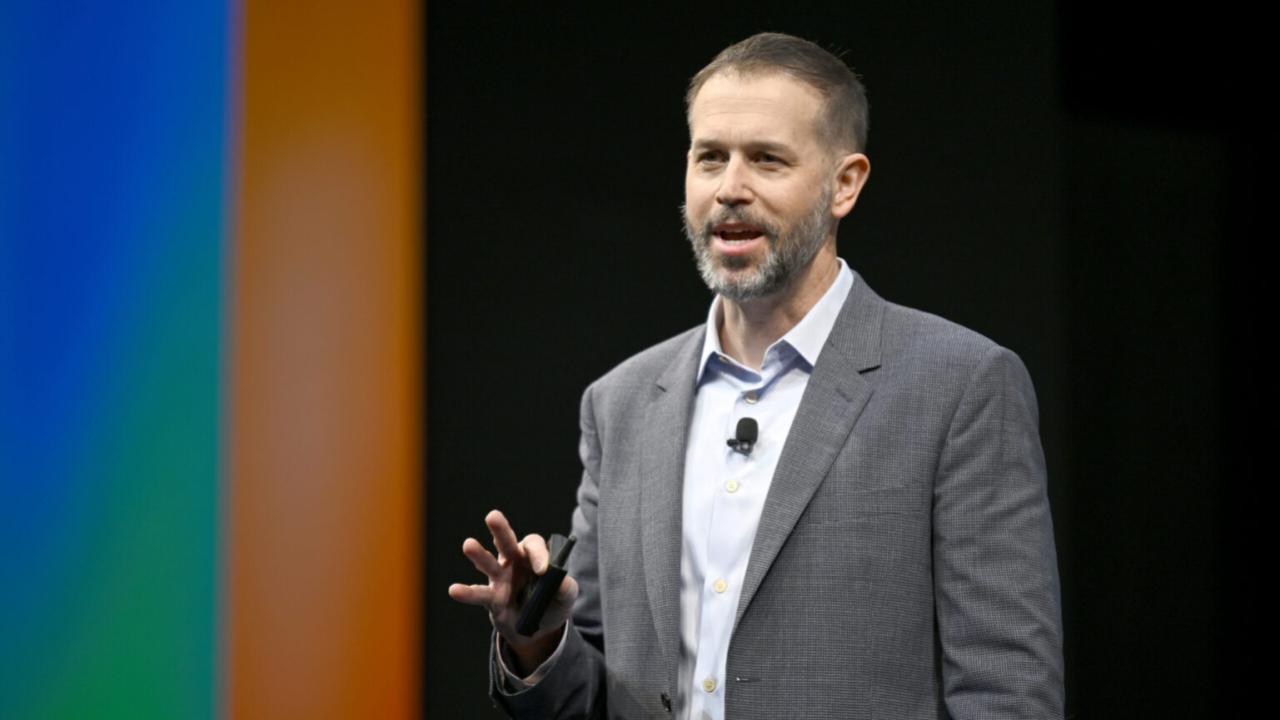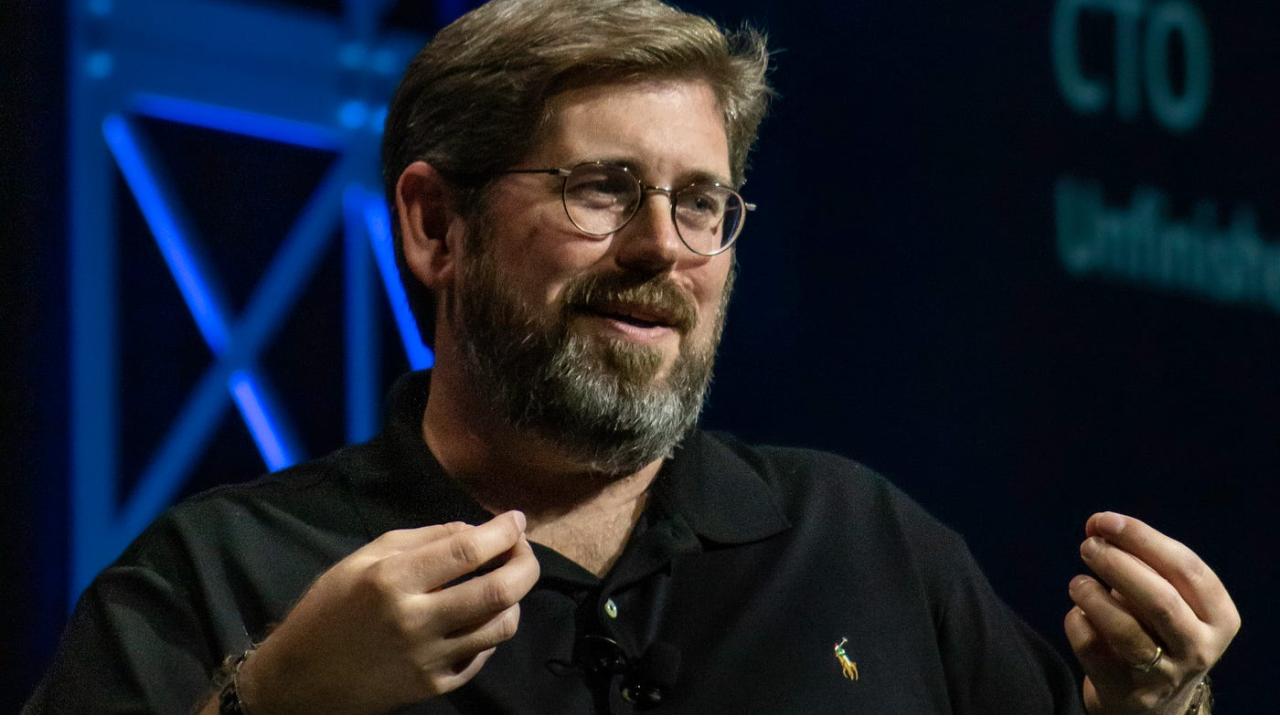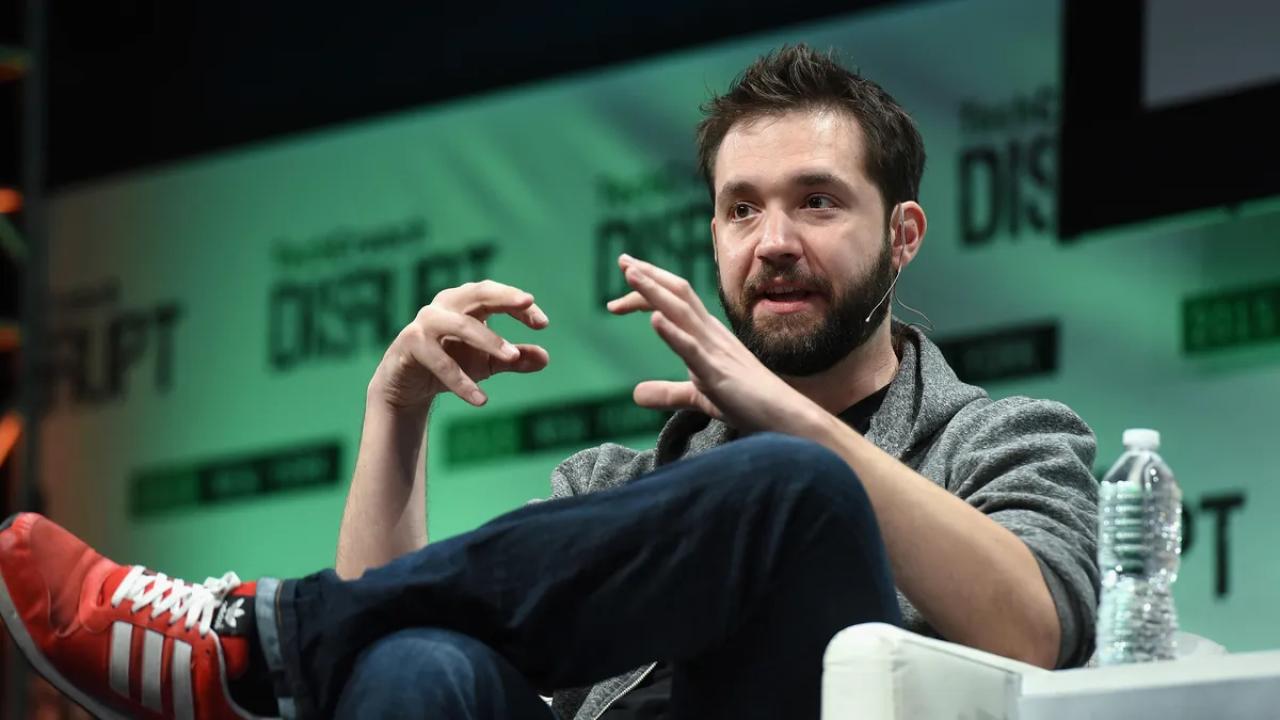onAir networks has started a People’s Internet onAir hub at people.onair.cc that seeks to bring together the leaders and organizations behind the DSNP movement to a common place where they could share their knowledge and collaborate as well as promote their content and new topical networks and hubs.
This People’s Internet hub is based on Project Liberty’s various initiatives and “commitment to building a better internet—where the data is ours to manage, the platforms are ours to govern, and the power is ours to reclaim.”
CNBC Television – 15/05/2025
https://www.youtube.com/watch?v=Tj4Jyz0JgqI&ab_channel=CNBCTelevision
Frank McCourt, Project Liberty founder, joins CNBC’s ‘Money Movers’ to discuss his bid for TikTok, whether TikTok may be a part of trade negotiations, and the People’s Internet.
OnAir Post: People’s Internet onAir
